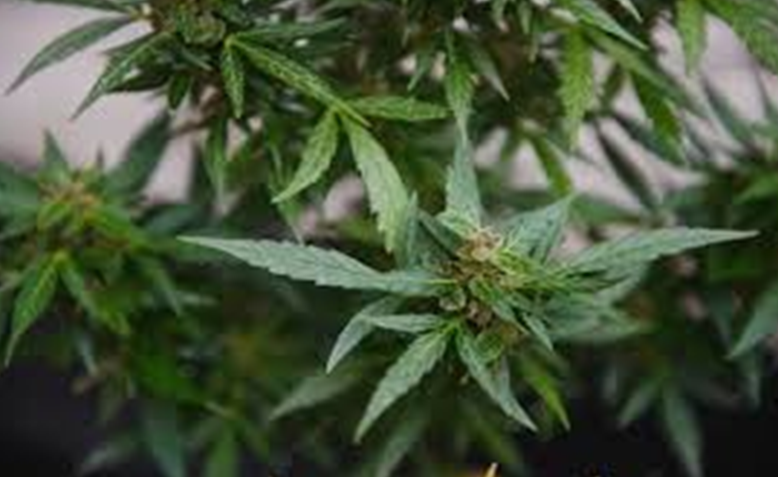Updates
Hemp Flower: A Guide to the Effects of CBD
Hemp flower is becoming more and more popular. This is because it contains several active compounds that have been shown to have a variety of effects on the body. Perhaps the most significant of these is CBD, which stands for cannabidiol, and which has been found to have numerous beneficial properties on the human body, as well as potential health benefits. Cannabidiol (CBD) is one of over 100 compounds called cannabinoids found in hemp and other plants. Emerging research shows that CBD could be an effective new way to help tackle stress, anxiety, depression, and chronic pain. Read this article to learn more about Hemp Flower and CBD and its effects on the mind and body.
What is Hemp Flower?
Hemp flower, in its simplest form, is the raw, unprocessed flower of the industrial hemp plant. Industrial hemp is a variety of the cannabis plant that is grown for its fibrous stalk, which is then used to make a variety of different products, including hemp seed oil, hemp protein powder, hemp milk, hemp fiber, and hemp flower. Both hemp flower and cannabis flower contain cannabinoids. While cannabis contains high levels of THC, (the cannabinoid responsible for the high people get from smoking it), hemp contains only trace amounts of THC, making it non-psychoactive.
How Does CBD Work?
We don’t fully understand all of the mechanisms of CBD, but we do know that it interacts with the human body in two primary ways. The first of these is via the endocannabinoid system (ECS). The ECS is a vast network of receptors that are found in most organs throughout the human body. These receptors respond to cannabinoid compounds such as CBD. The second way CBD interacts with the body is via what’s known as the “secondary” or “central” nervous system. The central nervous system is that network of neurons and pathways that control all of our “automatic” bodily functions such as breathing, blood pumping, and digestion. CBD also interacts with the neurons and pathways of the central nervous system.
Ways in Which Cannabidiol May Help
Anxiety/Depression: CBD could help with the symptoms of anxiety and depression by targeting the limbic system in the brain that’s responsible for these moods and feelings.
Pain: CBD may help with the pain of various types of chronic pain (such as back pain, arthritis, and Fibromyalgia) by targeting the “pain receptors” in the body. Sleep Disorders: CBD could help with the sleep disorders Insomnia and Narcolepsy.
Side Effects of CBD
Since CBD is a non-psychoactive compound, it has very few (if any) side effects.
While there has not yet been extensive research on the long-term effects of CBD, it appears to be generally safe to consume. There are, however, some reported side effects of CBD, such as dry mouth, changes in appetite and/or weight, fatigue, and diarrhea.
Some individuals have allergies to certain plants, including hemp. If you suspect that you might be allergic to hemp, you should be tested by a doctor before consuming CBD.



















